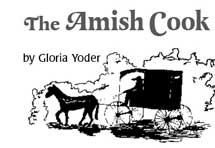I recall times in my childhood when I’d complain to Mom about painful bumps or annoying pimples on my tongue. Her immediate response was this one: “So what lie did you tell?” Then she’d encourage me to rinse my mouth with salt water. I can’t remember confessing to Mom many lies. (I’ve never been the…


